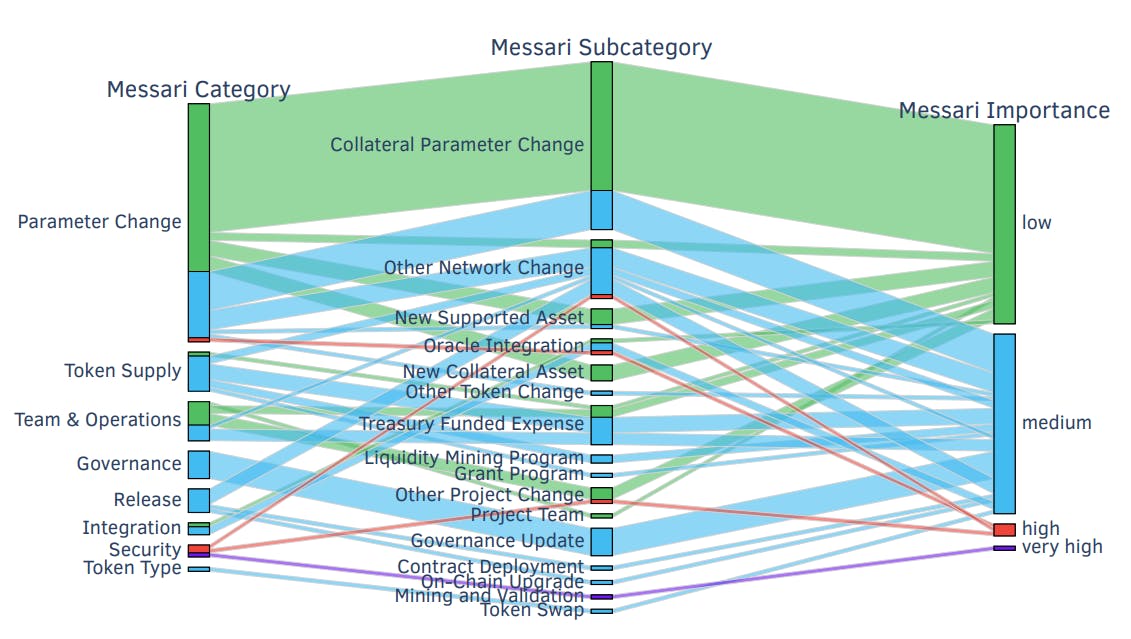
"In examining the implications of transaction prioritization norms, our analysis reveals that transparency in both prioritization and contention significantly enhances trust and efficiency within blockchain networks."
"Decentralized governance systems, when properly structured, offer a robust method for distributing voting power that aligns with the principles of blockchain technology, ensuring fairness and transparency."
"Our findings highlight the dual need for transaction ordering and transparency, suggesting that without adequate governance mechanisms, the integrity of transaction processes could be compromised."
"The distribution of voting power plays a crucial role in the amendment of smart contracts; our analysis illustrates how uneven distributions can lead to centralized control within ostensibly decentralized systems."
The article delves into critical themes regarding blockchain technology, particularly focusing on transaction prioritization norms and the importance of transparency in these processes. By analyzing decentralized governance structures and their impact on transaction ordering, the study suggests that improved transparency can foster increased trust within blockchain networks. Additionally, the research emphasizes the significance of properly distributing voting power, as it affects the amendment of smart contracts and overall system integrity. Insights drawn from data on Compound proposals illustrate the varying levels of importance in governance, revealing potential vulnerabilities in decentralized systems.
Read at Hackernoon
Unable to calculate read time
Collection
[
|
...
]